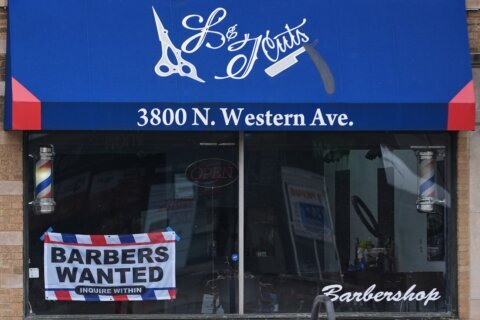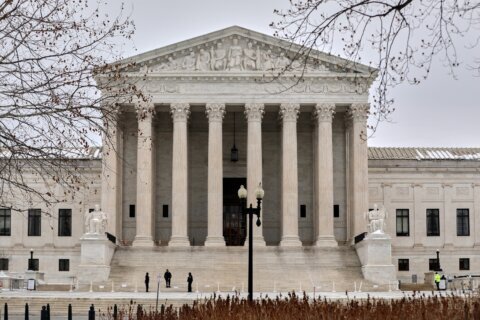As economists and investors debate whether or not a recession looms on the horizon, small business owners believe the economy is poised to keep growing. But they’re nowhere near as confident as they were a year ago at this time.
Small business owners who believe the economy will be better in six months exceeded those who said it would be worse by 20 percentage points, according to a survey conducted by the National Federation of Independent Business in July. The group regularly surveys business owners throughout the year.
That’s a better reading than earlier this year, but it’s far below the readings throughout 2017 and 2018, when “better conditions” outpaced “worse conditions” by between 30 and 48 percentage points.
Small businesses that are adding jobs exceeded those cutting positions by 2.6 percentage points, according to the survey. But that’s also sharply down from readings over the previous five quarters, when those adding jobs exceeded those cutting jobs by between 4.8 to 7.3 percentage points. Business owners cited availability of qualified job applicants as their biggest problem. That’s no surprise: With unemployment at a historical low, it’s a job-seeker’s market.
NFIB surveyed 1,500 small business owners. The survey goes back to 1973, and the results can sometimes be a good early warning system for an economic slowdown.
“The small business people are at the end of the supply chain. If it’s a consumer-led recession, small businesses are the first to know,” said William Dunkelberg, chief economist with NFIB.
Ahead of the start of the Great Recession in late 2007, the survey showed more respondents expected the economy to be worse six months in the future than to be better. And they turned sharply bearish in early 2008, when many economists were still debating whether the recession had started.
But the small business owners surveyed have sometimes missed seeing a recession coming — or, more often, have been too bearish. From 2011 through the end of 2016, the survey showed more small business owners expecting a worse economy ahead than the other way around, even though growth stayed slow but steady through that period.







